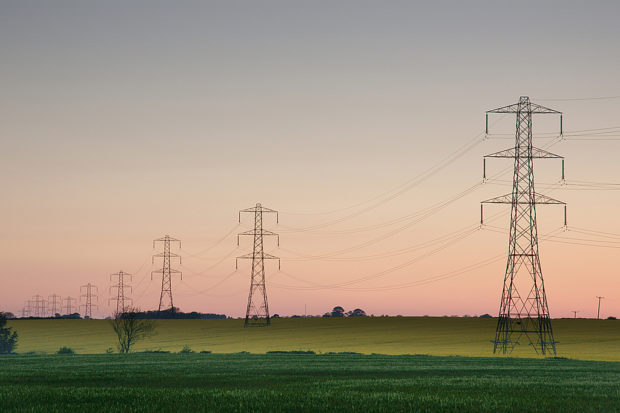
By Ruth Gadebusch
Conservation has long been something that we all presumably believe in but recent conditions have really brought it to the forefront. It seems to me that conservation began in earnest with California’s energy crisis of a decade or so back.
Despite efforts to reduce our energy use, we suffered blackouts and mostly avoided elevators, just in case the electricity cut off leaving one to spend uncomfortable time in a tight hot box. The tales were many with great concern expressed about the state’s aging electric grid. As things eased back into so-called normal, we resumed life in the usual manner without making much change.
The Public Utility Commission (PUC) modified the price structure to recognize that air conditioning in this valley was rightfully more in demand than in more temperate parts of the state, as well as recognizing that more Central Valley citizens had tighter financial restraints than in more affluent areas.
Still, our utility bills remained inordinately high in our minds so we conserved. PG&E serving our area offered various incentive plans. Now it seems to be backfiring. The PUC has approved changes that will bring increased rates. How was it justified? We are using too little for the profit side of this corporation. Few of us understand just how such a regulated operation ascertains what fair profit is. It is a difficult balance, to say the least. That is supposed to be the role of the PUC, but we feel more victimized than protected.
My phone rings off the hook with many offers of solar installation and pleas to join groups protesting increases. Government agencies and profit-making companies continue rebates for replacing old appliances with more energy-efficient new ones. And what is the reward, previously advertised as reducing our power bills? Yes, an increase.
As if this was not enough, we are receiving the same message about our water use. Hardly anyone disputes the need to manage water, but it is a hard message to comprehend when our conservation is costing us more. We understand that future water for our growing population requires investment, but to pay more for using less of the precious commodity is disheartening, actually frightening, to the many who struggle to pay current assessments and do everything possible to reduce use as the normal way of managing expenses.
Making matters worse are the rich who don’t care what it costs. They can, and do, continue to use water with abandon. Neither rates nor fines slow their profligacy. Those who can afford it always have an advantage, but there must be some limit when the product is finite but required for life itself.
Then there are the mumblings coming from the state as to how to compensate for the electric vehicles using less gasoline thereby producing less tax for our already-overdue maintenance needs. We know we must leave fossil fuels behind in order to clear our air, but doing so creates another problem. The proposal to record mileage and charge accordingly involves a privacy issue. Already, the city with computerized water meters knows when we are using water and, of course, PG&E knows when we are using gas and electricity.
Can somebody please explain? That is, convincingly so. I’ve heard the explanations but what is one to do? Without doubt, we need to conserve. We owe it to future generations, but this isn’t panning out well. Does one get the feeling that we can’t win for losing? Granted, there are no simple answers but more than crisis management is needed.
*****
Ruth Gadebusch is a veteran and a community activist, a former member of the Fresno Unified School Board and the California Commission on Teacher Credentialing and an emeritus member of the Board of Directors of the Center for Civic Education.
